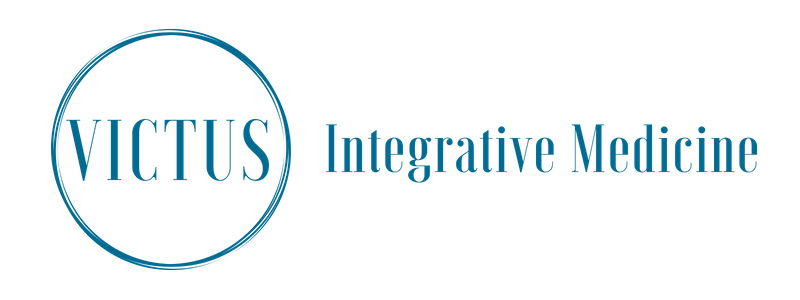Vitamin B12: For Healthy Nerves & Cells
Vitamin B12, also known as cobalamin, is an important cofactor in many critical pathways throughout your body. It is involved in immune regulation, nerve function, creating healthy red blood cells, energy production, mood, and even heart health.
A variety of factors increase your risk for B12 deficiency, including:
- gastritis
- intrinsic factor deficiency
- celiac disease
- chronic stress
- medications including Metformin, Omeprazole, Ranitidine
- high dose vitamin C
- high dose copper
- vegan or vegetarian diet
Absorption of vitamin B12
Vitamin B12 absorption is dependent upon binding with a protein produced by the stomach called intrinsic factor, followed by absorption in the small intestine. When the stomach is inflamed or produces too little intrinsic factor, vitamin B12 levels are affected. Conditions that affect the small intestine, such as celiac disease, will also decrease absorption of B12, and therefore lower systemic levels of this nutrient.
Conditions associated with B12 deficiency
Cobalamin is an important nutrient in producing healthy red blood cells. Having too little vitamin B12 can lead to pernicious anemia. In this condition, your red blood cells are larger than normal which disrupts normal function and compromises the amount of oxygen delivered to the rest of your cells. Symptoms of pernicious anemia include weakness, fatigue, headaches, and neurological disturbances.
Vitamin B12 is also a vital nutrient for proper nerve function by supporting myelin sheath development. Myelin sheaths surround and protect your nerves to facilitate proper function and nerve conduction. This is necessary for nerves throughout the body including your brain, where vitamin B12 may help prevent memory loss. B12 deficiency can damage the myelin sheath and cause symptoms such as neuropathy, numbness and tingling.
Methylcobalamin is the active form of B12. It is involved in the process that converts homocysteine to methionine. Homocysteine is an inflammatory biomarker for the risk of atherosclerosis and cardiovascular disease. Elevated levels of homocysteine have been associated with low levels of B12, as well as vitamin B6 and folate.
How to get vitamin B12 in your diet
Vitamin B12 is not manufactured by the body, and therefore must be consumed to maintain proper levels in the body. Good sources of vitamin B12 are beef or chicken liver, eggs, dairy, meat, and fish. If you are following a strict vegan or vegetarian diet you may not be getting enough B12 in your diet and may require supplementation. Speak with your doctor to see if vitamin B12 capsules, injection, or IV is a good treatment option for you. As with all supplements, be sure to source quality supplement that have been tested by a third party testing company to ensure safety.



